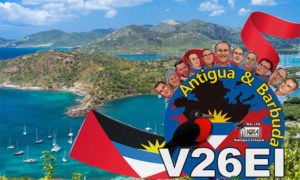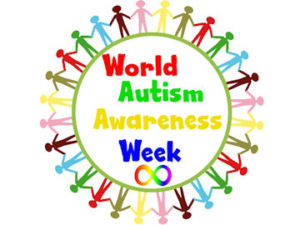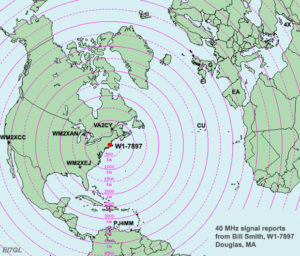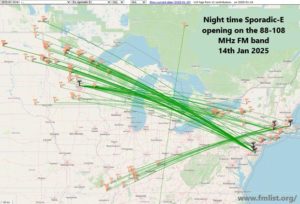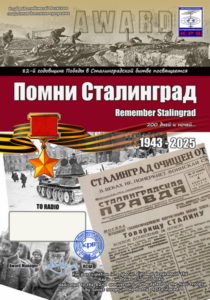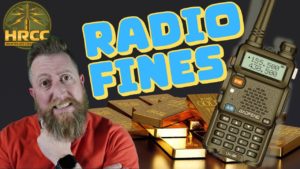Open Source Satellite Work Determined to be Free of ITAR
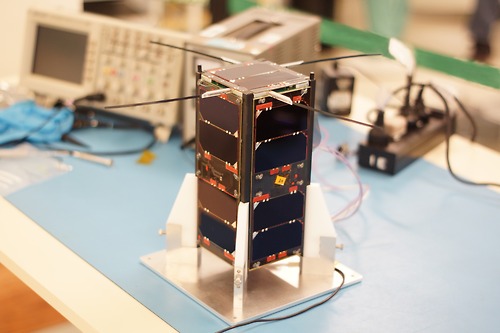
The United States Department of State has ruled favorably on Open Research Institute’s commodity jurisdiction request, finding that specified Information and Software for a Digital Microwave Broadband Communications System for Space and Terrestrial Amateur Radio Use? is definitely not subject to State Department jurisdiction under ITAR, the International Traffic in Arms Regulations. This is an important step toward reducing the burden of regulations restricting international cooperation on amateur
satellite projects, which have impeded engineering work by amateurs in The United States for decades.
Export regulations divide both technical information and actual hardware into three categories. The most heavily restricted technologies fall under ITAR, which is administered by the State Department. Technologies subject to more routine restrictions fall under the EAR, the Export Administration Regulations, administered by the Department of Commerce. Technologies that are not subject to either set of regulations are not restricted for export.
On 20 February 2020, Open Research Institute (ORI) filed a Commodity Jurisdiction (CJ) Request with the US State Department, seeking to establish that key technologies for amateur radio are not subject to State Department jurisdiction. ?Information and Software for a Digital Microwave Broadband Communications System for Space and Terrestrial Amateur Radio Use? were assigned the case number CJ0003120. On 11 August 2020, the case received a successful final determination: the technology is not subject to State Department jurisdiction. This is the best possible outcome of a CJ request.
The Final Determination letter can be found at
https://openresearch.institute/wp-content/uploads/sites/10/2020/08/CJ-0003120-Final-Determination-Letter.pdf
Under this determination, the technologies are subject to the EAR. The next step is to submit a classification request to the Commerce Department. ORI anticipates that the Commerce Department will find that these technologies are unrestricted under the carve-out for open source in the EAR.
Open Research Institute (ORI) is a non-profit research and development organization that provides all of its work to the general public under the principles of Open Source and Open Access to Research.
This work was accomplished by a team of dedicated and competent open source volunteers. The effort was initiated by Bruce Perens K6BP and lead by Michelle Thompson W5NYV.
Open Research Institute developed the ideas behind the Commodity Jurisdiction request, hired Thomsen and Burke LLP (https://t-b.com/) for expert legal advice, organized the revisions of the document, and invited organizations and individuals with amateur satellite service interests to join or support the request.
ORI thanks Libre Space Foundation and Dr. Daniel Estevez for providing their subject matter expertise and written testimony, and JAMSAT for helpful encouragement and support.
The legal costs were fully reimbursed with a generous grant from Amateur Radio Digital Communications (ARDC). See
https://www.ampr.org/grants/grant-open-research-institute/.
ARDC and ORI share a vision of clearly establishing open source as the best and safest way to accomplish technical volunteer work in amateur radio.
This final determination letter provides solid support for that vision. The determination enables the development of implementation guidelines that will allow free international collaboration.
This clears the path for a number of interesting projects facilitating new methods for terrestrial and satellite communications, opening the door to robust global digital amateur communications.
Questions and inquiries to ori@openresearch.institute
If you have found a spelling error, please, notify us by selecting that text and pressing Ctrl+Enter.
